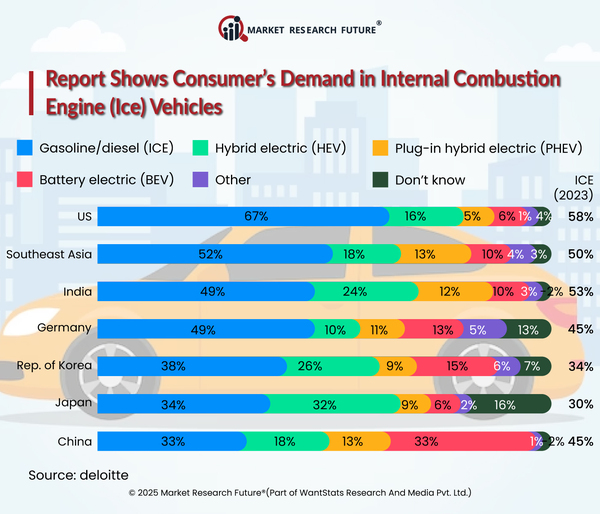Slow Evolving Automotive Market may Impact Green Transition
The global automotive industry faces multiple challenges in 2024. It is due to several other reasons apart from its affordability. Since the beginning of 2024, automotive trends have been evolving, shaking the balance of the automotive domain. A survey report of 2024 shows that the slow momentum of consumers towards the adaptability of electric vehicles may impact the green transition. Globally, the nations are focusing on transformation with renewable energies towards clean energy transition by the end of 2050. Around 50 percent of the improvement is expected to be achieved by 2030. Some leading nations, like Sweden and Denmark, are making it to the news headlines. However, the automotive sector has yet to expand its wing with e-mobility.
The Indian automotive market shares the same scenario as the rest of the world. The Indian automotive sector is shifting its focus mainly towards producing electric vehicles to reduce carbon emissions. Studies show that rising middle-class income can drive a strong demand for electric cars. Further, the country assures about 30 percent of sales of new Indian vehicles will be electric vehicles in 2024. Massive investment is another factor driving India's automotive sector globally. If it continues to bring more changes in this domain, India may soon become the leader in shared mobility by 2030. Further, it may provide better ideas and innovation for electric and autonomous vehicles.
According to surveys, India will rapidly evolve in the automotive industry to become the largest EV market by 2030. Hence, the automotive industry's investment plans are expected to be USD 200 billion in the next 10 years. The latest automotive market trends include the electrification of vehicles and connectivity. The era of e-mobility brings a range of EVs into the market. However, high interest rates and high prices of vehicles serve as a hurdle for consumers. Some reports cite that the affordability of conventional vehicles outweighs the demand for electric vehicles.






